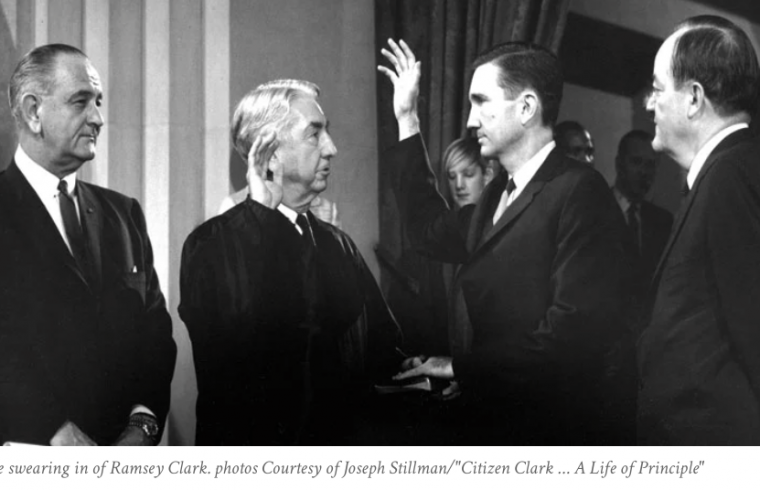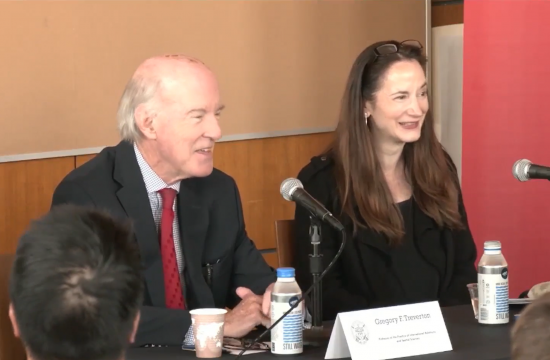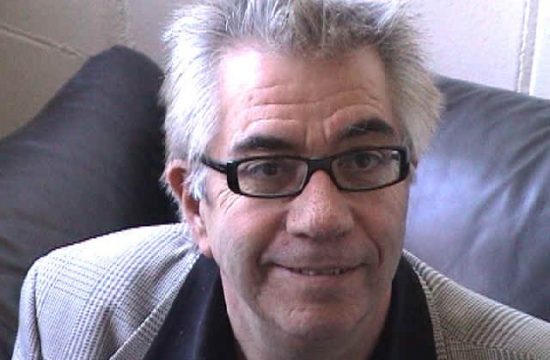By Gregory F Treverton
One of my heroes died earlier this month, but, alas, I never had the chance to meet him. Clark was a brave champion of civil rights in a series of Justice Department positions in the Kennedy and Johnson administrations, culminating in Attorney General. In the process, he became such a lightning rod for Richard Nixon that Lyndon Johnson blamed him for Nixon’s slim victory over Hubert Humphrey in 1968. Yet what I admire most about Clark is his journey after formal public service, when he took on a series of unpopular causes, arguing that a citizen’s highest obligation is to speak up when the government had violated its own principles. He defied a travel ban to travel to Iran to try to resolve the hostage crisis; met with Libyan leader Muammar el-Qaddafi; and provided legal defense to, among others, Slobodan Milosevic, the Serbian president accused of war crimes, and Sheikh Omar Abdel Rahman, who was convicted of the 1993 World Trade Center bombing. Several commentators suggested that Clark’s radicalism was in part atonement for his 1968 prosecution of the Boston Five anti-war activists.
Perhaps, but I prefer to think Clark simply learned better as he grew older. Years ago, I intended to contact Clark to see if he’d let me write his biography. Like most good ideas, this one didn’t survive the tyranny of immediate “to do’s,” but I wanted to understand better the moral compass that guided him as he became more and more estranged from the establishment of which he had been a part. I was also self-interested, hoping that his journey would help me guide me as I moved from (relatively) senior positions in the government to feeling more and more out of step with the foreign policy establishment of which I had for so long been a part, however uneasily. I wish I had done that biography.









